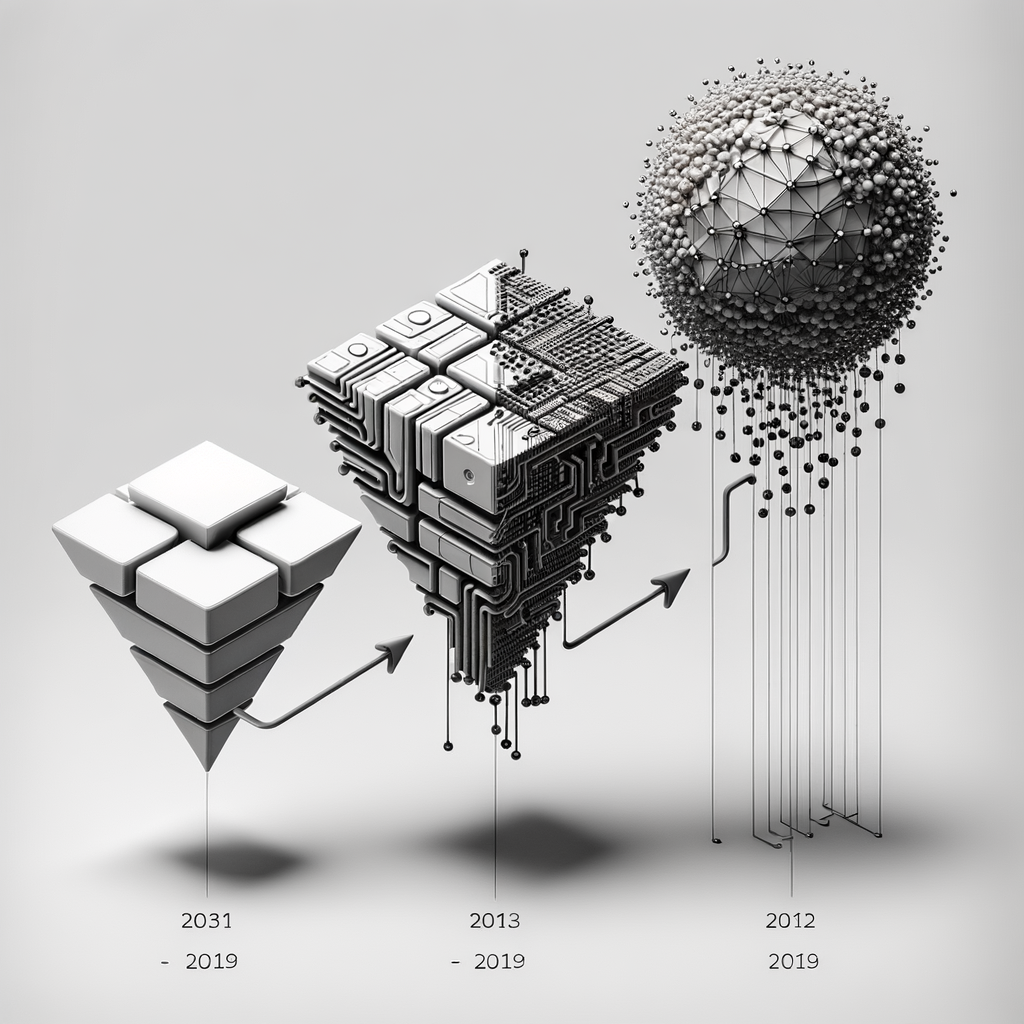
From Concept to Code: How AI Transforms Software Engineering Design
Explore the transformative impact of artificial intelligence in the realm of software engineering. This blog delves into how AI tools and methodologies are revolutionizing software design, enhancing creativity, and improving efficiency. From automating mundane coding tasks to generating innovative design solutions, AI is poised to reshape the landscape of software development. Discover how leveraging AI can lead to more robust software systems, optimized performance, and a seamless integration of design and function.
From Concept to Code: How AI Transforms Software Engineering Design
Introduction
Artificial intelligence (AI) is no longer a futuristic concept but a tangible reality permeating various industries. In software engineering, AI is gaining traction as a crucial tool transforming traditional processes. Historically, software development has been a human-heavy task, reliant on the expertise and creativity of software engineers. AI is poised to change this narrative, offering a collaborative and innovative approach where technology augments human ingenuity.
The Intersection of AI and Software Engineering
As the digital ecosystem becomes more intricate, the demand for sophisticated software solutions grows. AI's role in this landscape is becoming indispensable. Primarily, AI is revolutionizing software engineering by introducing automation, predictive analysis, and intelligent design systems.
Automation of Repetitive Tasks
Software development often involves monotonous and repetitive tasks such as code debugging and testing. AI can automate these processes, allowing engineers to allocate their focus to more inventive aspects of software design.
For instance, AI-driven tools like GitHub Copilot can provide real-time code suggestions, improving coding efficiency and reducing errors. Such tools leverage vast databases of code examples to predict and provide the most suitable code snippets.
Predictive Analysis for Enhanced Decision-Making
AI algorithms can analyze large datasets to predict future development trends and project needs. Predictive analysis helps software engineers tailor applications to meet future demands and user expectations by analyzing user behavior, market trends, and technological advancements.
Machine Learning (ML) models can also estimate project timelines more accurately by analyzing historical project data, which enables better resource allocation and project management.
Intelligent Software Design
Beyond automating tasks, AI enhances the creative process of designing software. With generative design algorithms, AI can create multiple design prototypes based on specified inputs and constraints. This capability means that engineers can quickly evaluate and iterate on design concepts before settling on the best possible version.
AI-Powered Tools in Software Design
Several AI-powered tools are making a significant impact in the software engineering sphere, transforming how developers approach design and functionality.
AI in UI/UX Design
User Interface (UI) and User Experience (UX) design are critical components of software development. AI tools like Sketch2Code convert hand-drawn sketches to HTML prototypes, thereby accelerating the UI/UX design process.
Moreover, AI can analyze user interaction data across different applications to provide insights into optimizing user experiences.
Code Quality Enhancement
Maintaining high code quality is vital for robust software applications. AI tools for static code analysis can identify potential vulnerabilities and inefficiencies without executing the code.
For example, tools like SonarQube use AI to continuously inspect code quality and provide actionable insights, helping maintain clean and efficient codebases.
The Future of AI in Software Engineering
The trajectory of AI in software engineering is inclined toward creating more autonomous systems. These systems will allow software to self-optimize by learning from their operational environment, leading to highly adaptable and resilient applications.
Furthermore, as AI technologies like natural language processing and machine learning continue to advance, we can expect more seamless integration of AI into software development frameworks, enhancing the symbiotic relationship between human engineers and AI tools.
Challenges and Considerations
While the benefits are immense, integrating AI into software engineering poses challenges, such as data privacy concerns, algorithmic biases, and the need for transparency in AI decision-making processes.
Addressing these challenges involves setting ethical guidelines, improving algorithmic accountability, and ensuring that AI systems remain transparent and interpretable.
Conclusion
The infusion of AI into software engineering design heralds a new era of innovation and efficiency. As AI continues to evolve, its role in shaping software engineering will grow, promising more intelligent systems, streamlined processes, and transformative software solutions.
By embracing AI, developers can unlock unprecedented potential in software design, making conceptual ideas a tangible reality with more speed and precision than ever before.